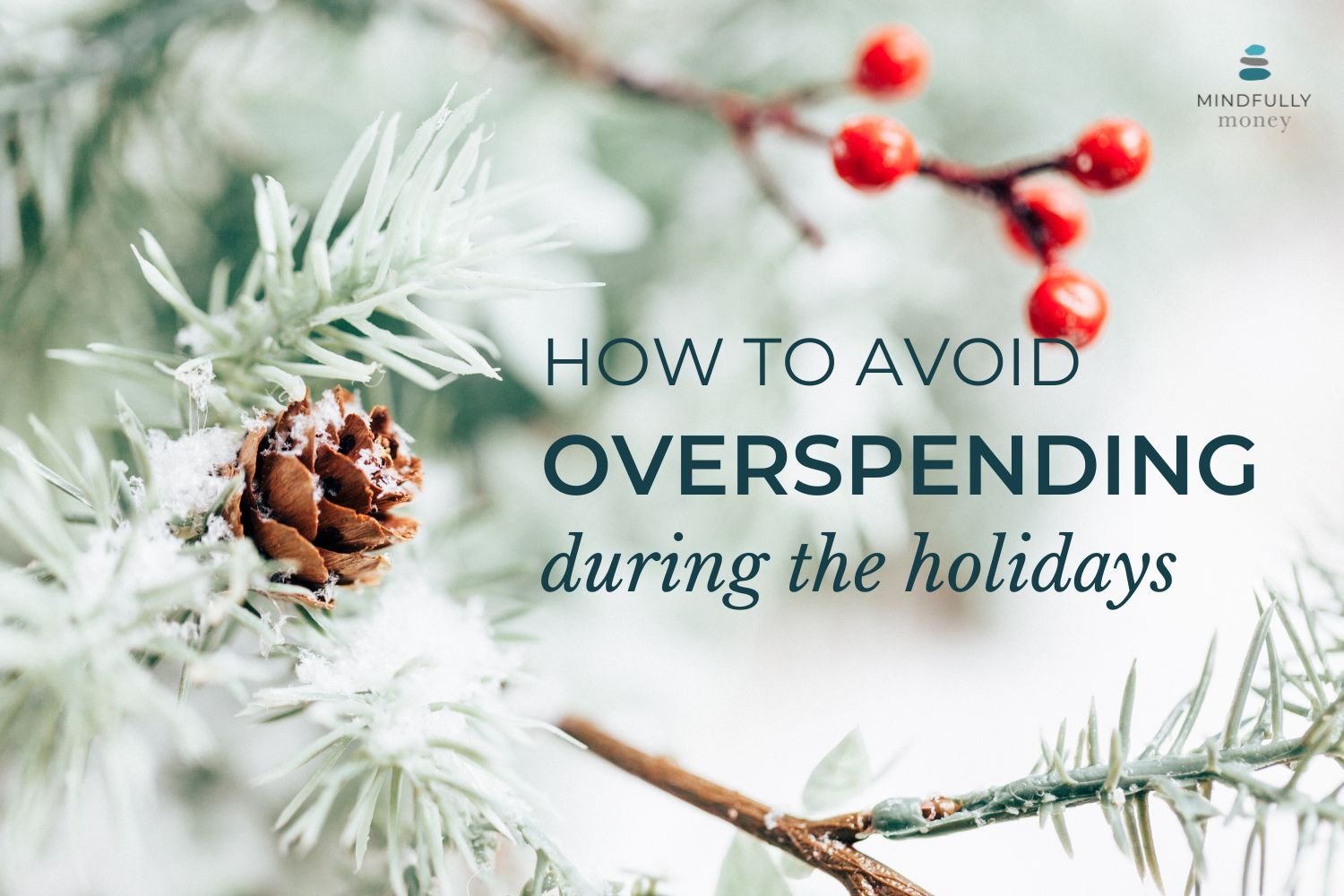You Should Always Be Saving for These Non-Monthly Expenses
One of the hardest things in budgeting is planning for all of those expenses that don’t show up every single month. A monthly expense is easy because it’s always on your radar and you know to expect it. But when expenses occur once per year or sporadically, budget planning becomes more of a challenge.
When you’re planning month by month, you might feel like you’ve got things under control and then all of a sudden the car insurance bill arrives, the tires need to be replaced, or you need money to buy Christmas gifts.
The key to budgeting for all of these irregular, non-monthly, or random expenses is to treat them like monthly expenses by saving for them throughout the year.
Brainstorm a list of expenses you might have that aren’t paid monthly (see list below).
Calculate how much each expense is over the course of a year.
Add 15% to account for increases and things you forgot.
Divide by 12 to get a monthly amount.
Automatically transfer that amount into the appropriate savings account each month.
When you follow this process, you’ll stop having surprise expenses that completely derail your budget planning and make you feel like a failure. Sure, something might come up that exceeds what you’ve set aside. But when you follow this process, you’ll be prepared for the vast majority of the things that come your way.
*Note: Be aware that if you’re just getting started, there may be expenses that arise before you have enough saved. You may need to make some adjustments in your plan to account for this.
Read More: How to Budget for Irregular Expenses Using Sinking Funds
Here are the top 14 irregular expenses that should be budgeted in this way
1. Home Repairs
You never know what will need to be fixed or when it will happen, but you do know that eventually something is going to need to be repaired or replaced. Set aside money so you have it when these things happen.
2. Home Renovations, Furniture, Decor
If you would like to remodel your home or update the furniture and decor, make sure you start setting aside money well in advance. You might even want to create a fund that is there just for those times when you fall in love with some new item for your home or find a sale on something you’ve been wanting.
3. Insurance Premiums
Premiums for home and auto insurance aren’t unexpected, but they are often forgotten in the budgeting process. That’s why it’s so important to plan ahead for them.
4. Annual Subscriptions and Memberships
Similar to insurance premiums, annual subscriptions and memberships are easy to forget and difficult to include in a monthly budget. This includes things like professional dues, Amazon Prime, Costco, or any other yearly fee should be included in this category.
5. New Tires and Car Repairs
As with home repairs, you never know when you’ll need new tires or a new battery, but you know you’ll need them at some point. While you’re at it, throw in some extra to cover maintenance like oil changes or tire rotations. You could even set aside money for your car tabs in this account.
6. A New Car
You can’t always know if your car will totally break down, but most of us could make a pretty decent guess about when we’re going to need a new car. Why not start saving now?
7. Vacations
Wouldn’t it be nice to go on vacation without worrying about paying the bills when you return? Even if you don’t know exactly where you’ll go, it’s nice to have some money available for when you get tired of the snow and need to fly somewhere warmer for a few days.
8. Holiday Celebrations and Gifts
Christmas and other holidays come up every year. Yet, most people don’t plan ahead and end up with a giant pile of bills in January. If you’d like to enjoy your celebrations without the debt, set aside money all year long.
9. Birthdays
Birthdays are another oft-forgotten expense. Don’t forget to include money for gifts for your kids’ friends as well.
10. Medical Expenses
Medical expenses are a primary cause of debt in the United States. If you are worried about what you’ll do if you have to pay for expensive medical procedures or treatments, the first step is to call your representatives and ask them to better protect us from medical catastrophes that lead to bankruptcy. The second step is to make sure you have the right insurance (as best you can). The third step is to save extra money just in case something happens. If you don’t have an FSA or HSA, set up your own special savings account for medical expenses.
11. Pet Expenses
Don’t forget your furry, feathery, scaly, or other friends when you’re setting aside money for care.
12. School Supplies
One of my dreams is to have schools funded well enough that parents don’t have to subject themselves to the hell hole of the school supply aisle at Target. But since that’s not happening anytime soon, it’s good to plan ahead for these expenses since you know they’re coming.
13. Summer Child Care and Activities
Summer child care and activities get expensive fast. To lessen the impact, set aside money for these year-round. Don’t forget money for costumes, gear, and anything else the activity requires.
14. Taxes
Property taxes that aren’t escrowed, self-employment taxes, etc are another expense you should save for over time in order to lessen the impact.
It’s all about planning ahead
Setting aside money throughout the year will give you so much more peace of mind. Instead of scrambling to find the money or relying on credit cards you can’t pay immediately, you’ll have the confidence of knowing how you’ll pay for each of these things.
Do you have to have a separate account for each of these items? No. If you are adept at managing your money, keeping track of what all the money is for, and are not tempted to spend it elsewhere, you can keep it all in one account if you want. You can lump all of these things together and just keep that amount in your checking account.
But if you are tempted to spend the money elsewhere or just need clarity on what money is reserved for what purpose, opening a few extra savings accounts and earmarking them for specific expenses is the best way to keep track of things.
It’s totally up to you.
(And don’t forget to fund your emergency fund first!)




